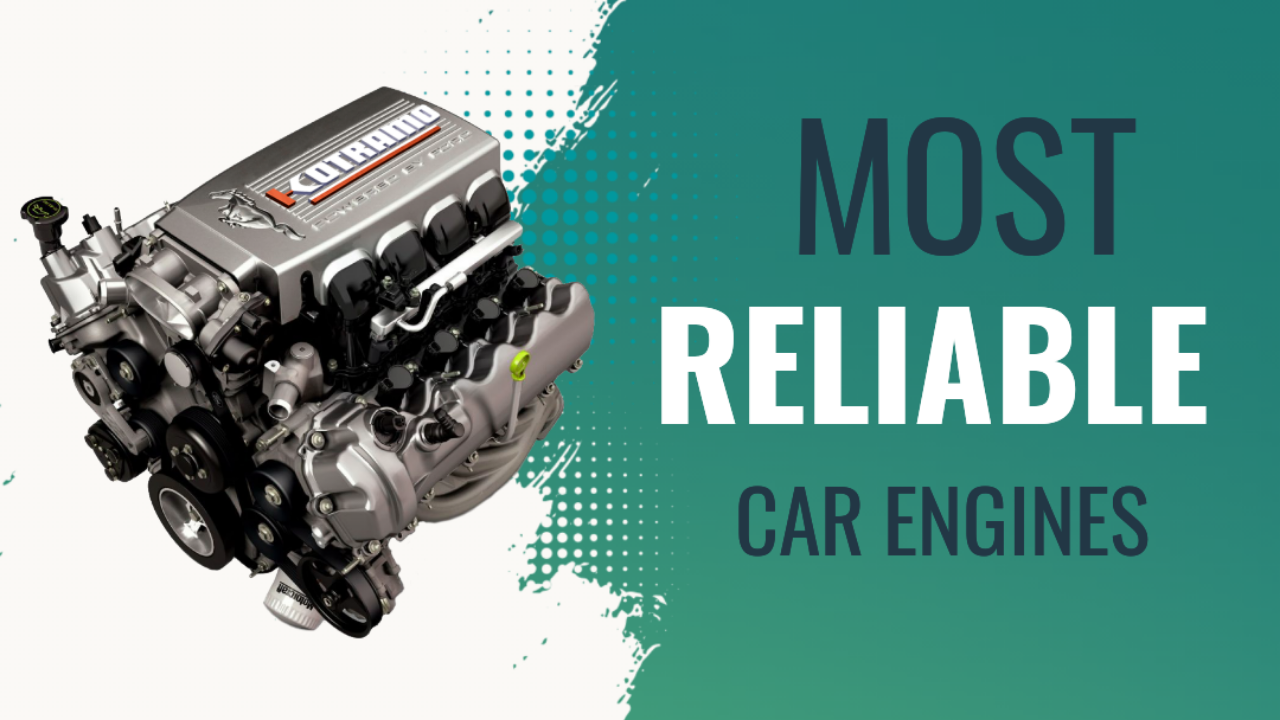What is Considered the Most Reliable Automotive Engine of All Time?

When it comes to automotive engineering, few characteristics are as crucial as reliability. A reliable engine not only provides dependable performance but also instills confidence in drivers, knowing that their vehicle will start and run smoothly day after day. But what exactly defines the most reliable automotive engine of all time? Let’s explore some of the legendary engines that have earned this esteemed title.
Honda D-Series Engine:
The Honda D-Series engine stands out as a paragon of reliability in the automotive world. Originally introduced in the late 1980s, this engine family has powered numerous Honda vehicles over the years. What makes the D-Series engine so reliable? It’s a combination of meticulous engineering, durable construction, and efficient design. These engines are known for their longevity, often racking up hundreds of thousands of miles with minimal issues.
Toyota 22R Engine:
Another contender for the most reliable engine is the Toyota 22R. This iconic engine, produced from the early 1980s through the mid-1990s, is renowned for its rugged durability. Whether in trucks, SUVs, or cars, the 22R engine earned a reputation for its ability to withstand tough conditions and maintain performance over time. Its simple design and robust construction make it a favorite among enthusiasts and mechanics alike.
Mercedes-Benz OM617 Engine:
For diesel enthusiasts, the Mercedes-Benz OM617 engine is hailed as one of the most reliable powerplants ever created. This legendary engine was produced from the 1970s to the 1980s and is celebrated for its durability and efficiency. Known for its bulletproof reliability, the OM617 is often cited as a benchmark for longevity in diesel engines, with some examples exceeding half a million miles.
Subaru EJ22 Engine:
Subaru’s EJ22 engine has gained a loyal following for its steadfast reliability. This horizontally opposed (boxer) engine was manufactured from the late 1980s to the early 2000s. Its robust design, coupled with Subaru’s emphasis on all-wheel drive systems, has made the EJ22 a favorite among outdoor enthusiasts and those seeking a dependable vehicle for various conditions.
Volvo Redblock Engine:
The Volvo Redblock engine family is revered for its resilience and longevity. Originally introduced in the late 1960s, these engines powered a wide range of Volvo models for decades. Known for their simplicity and solid construction, Redblock engines have earned a reputation for withstanding high mileage and tough driving conditions with minimal maintenance.
Factors Contributing to Engine Reliability:
What makes these engines so reliable? Several factors come into play, including:
Simplicity of Design: Many of these engines feature straightforward designs with fewer moving parts, reducing the risk of failure.
Quality Materials: The use of durable materials in critical components ensures longevity and durability.
Effective Cooling and Lubrication: Proper cooling and lubrication systems help prevent overheating and reduce wear and tear.
Regular Maintenance: Although inherently reliable, regular maintenance is crucial for preserving engine health and performance.
Comparative Analysis:
Comparing these engines reveals unique strengths and weaknesses. While the Honda D-Series and Toyota 22R excel in gasoline-powered applications, the Mercedes-Benz OM617 shines in diesel-powered vehicles. Subaru’s EJ22 is favored for its performance in all-wheel drive setups, whereas Volvo’s Redblock engines are known for their longevity and ease of maintenance.
Legacy of Reliable Engines:
The enduring legacy of these engines extends beyond their mechanical prowess. They have influenced modern automotive design, setting benchmarks for reliability, durability, and customer satisfaction. Automakers continue to draw inspiration from these legendary powerplants when developing new engines and vehicles.
Conclusion:
While determining the single most reliable automotive engine of all time is subjective, these engines have left an indelible mark on the automotive industry. Their longevity, durability, and dependability have set the standard for what a reliable engine should be, earning them the respect and admiration of car enthusiasts worldwide.
FAQs:
1. What defines an engine as reliable?
– A reliable engine is one that consistently performs well over an extended period with minimal maintenance issues.
2. Why are Japanese engines often considered more reliable?
– Japanese automakers are known for their focus on quality, precision engineering, and rigorous testing, leading to exceptionally reliable engines.
3. Is regular maintenance crucial for maintaining engine reliability?
– Yes, regular maintenance, including oil changes, tune-ups, and inspections, is essential for preserving engine reliability and longevity.
4. How can I enhance the longevity of my car’s engine?
– Follow the manufacturer’s maintenance schedule, use high-quality fluids and parts, and drive responsibly to extend your engine’s lifespan.
5. What role does technology play in modern engine reliability?
– Advanced technologies such as computerized engine management systems and improved materials contribute to enhanced engine reliability and performance.


